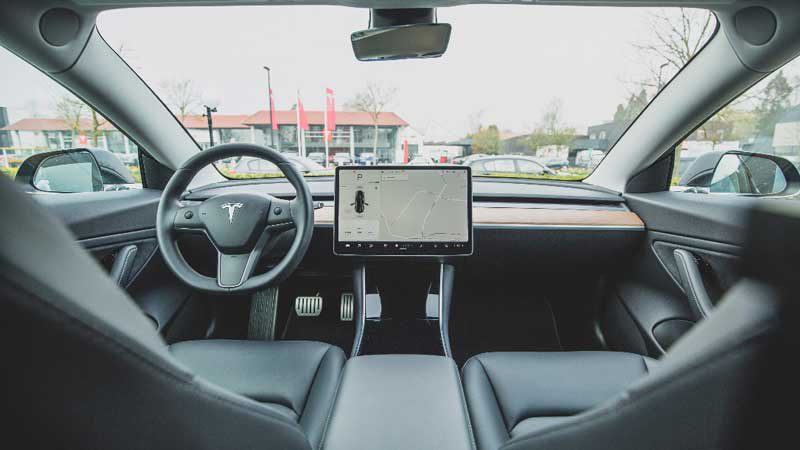Tesla dragged one more piece of an imagined future into the present this week.
With the release of V10 of their software, including Smart Summon, a theoretical question that’s been on the minds of many is now being played out for real.
Tesla owners have been trying out the new Smart Summon feature, which allows a car to be called from up to 75m away — and some minor accidents have resulted. It’s important to keep this in perspective, because minor accidents occur in carparks all the time.
But owners are starting to wonder: I wasn’t driving the car — what should I do?
Tesla’s Smart Summon already has been used 550,000 times
This development means several things for Tesla.
Firstly, it’s a chance to gather specific data to support fleet learning — the process by which cars share their driving experiences to learn from each other, and from their human drivers.Smart Summon means that Tesla will be able to receive data on carpark driving.
By calling their car, the owner is flagging that the car finds itself in this challenging situation, thereby throwing a doggie treat to algorithms hungry for new learning opportunities.
Secondly, it’s a viral marketing opportunity, as people share videos showcasing what the technology can do.
For fans of Tesla, it’s no surprise, but for the general public, this looks like witchcraft, and witchcraft gets tongues wagging.
Paid up owners of the Full Self Driving capability will also be encouraged to see an additional return on their investment.
Most importantly, though, Tesla has consistently asserted that their autonomous driving capabilities are ahead of what’s permitted in any jurisdiction around the world.
Progress in regulatory reform lags behind progress in technology, and is a limiting factor in adoption of self driving technology. By unleashing this new capability, Tesla is pushing for innovation in the legal frameworks and social conventions that constrain what their cars can do.
The question of who would be liable for an accident caused by a driverless car has found its way increasingly into mainstream conversation in recent years.So has the more challenging question: if a car has to make a decision between two possible accidents, which should it be programmed to choose?
If you’ve seen increasingly hilarious variants on the ethical thought experiment called the trolley problem popping up in your social media feed, they’re almost certainly motivated by advances in autonomous driving.
Most of us have assumed these will be questions for software developers and insurance companies of the future, but this week the questions are being probed in earnest.As accidents arise, they will be recorded and investigated by motoring authorities, and claims will begin being processed by insurance companies.
Tesla obviously has its own data on the performance of its self driving software, but now we accelerate amassing official records and legal precedents relating to autonomous vehicles interacting with the world.
Teslas have been partially driving themselves down highways and freeways for years, but this type of driving is a whole new kettle of fish, and will provoke a whole new set of formal and informal conversations.
Other companies, notably including Waymo and Uber, have been trialling autonomous cars on public roads, but Tesla will now be gathering a unique and valuable set of experiences.
Smart Summon will be operating outside a tightly controlled trial, outsourcing discretion about safe scenarios to individual owners.
It will be exposed to scenarios that most other self driving trials see little of: public carparks, filled with children, shopping trolleys, rubbish and distracted drivers searching for parking spots. All manner of human error is uniquely on display in carparks, as most of us are only too aware.
Most noticeably distinct from Waymo and Uber’s trials, though, is the different liability relationship. Instead of a large corporation being liable for the car’s behaviour, individual owners are now starting to explore discussions about what happens when their car is making decisions for them.
This is going to instigate an important set of discussions that need to take place, in order to clear the way for further adoption of self driving cars.
Whilst Smart Summon is not yet available to Australian owners, overseas experience will help inform legislative progress in Australia, and should be some cause for optimism for Australian drivers keen to see more Full Self Driving capabilities unlocked locally.

